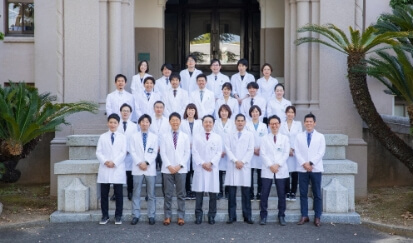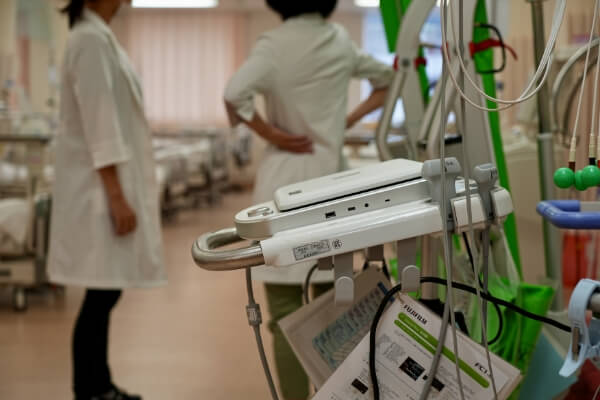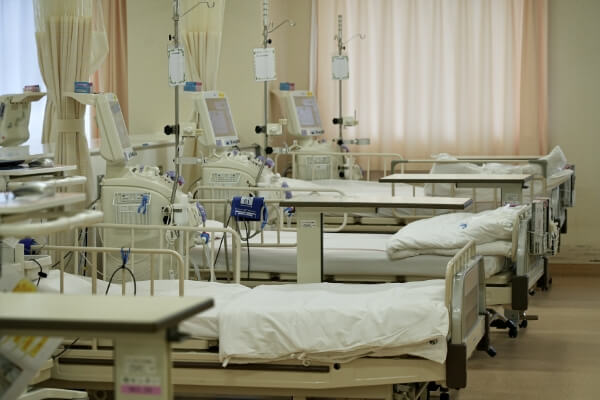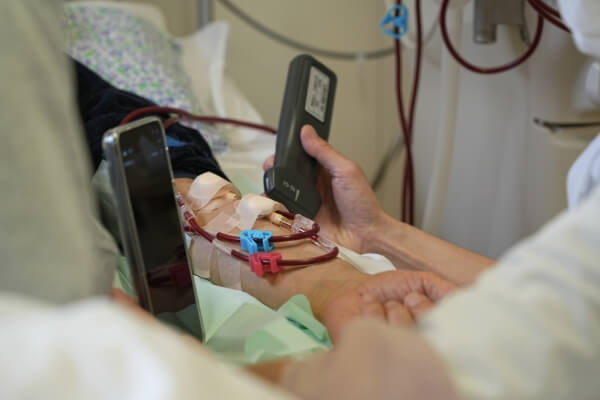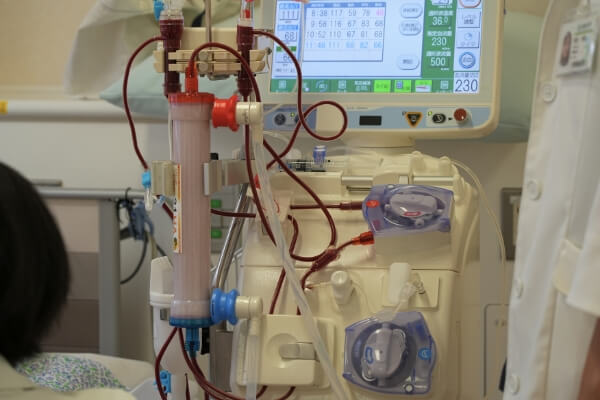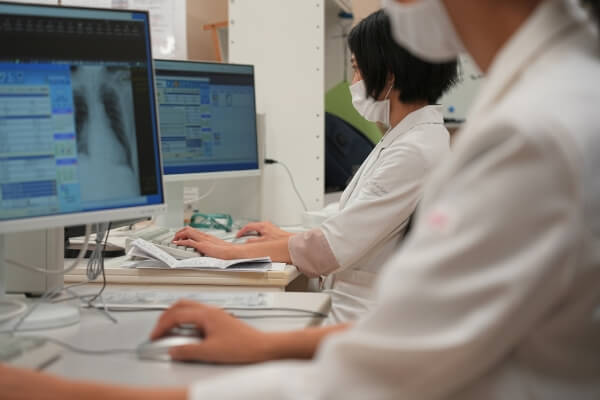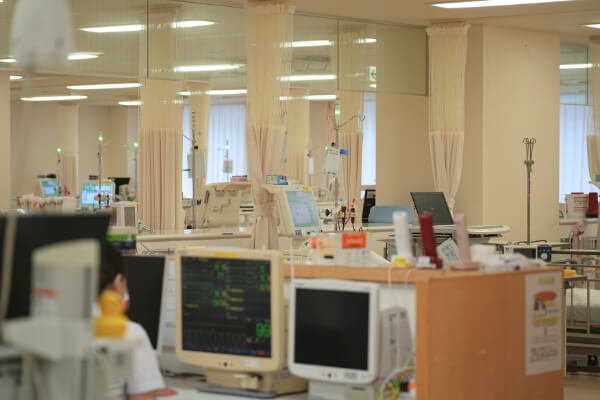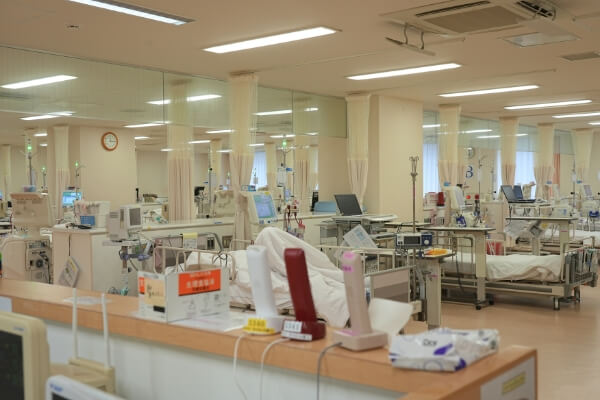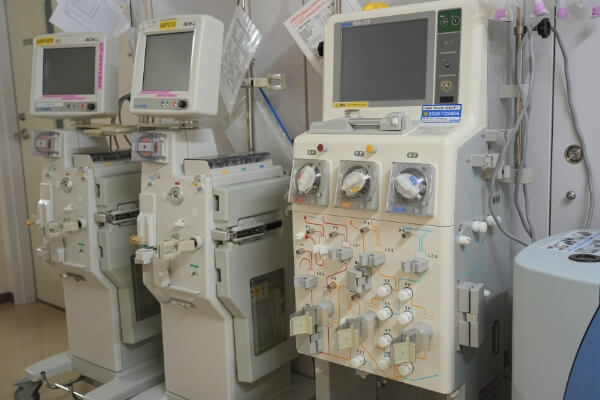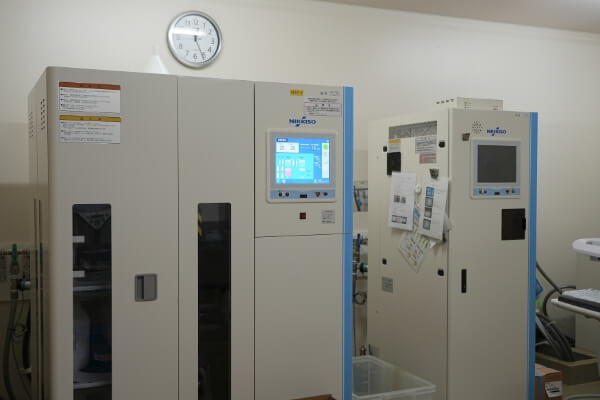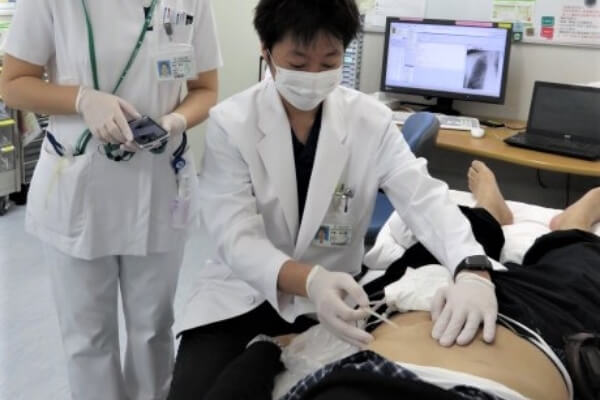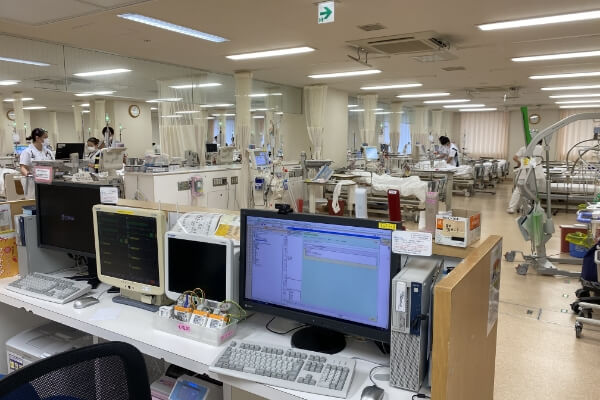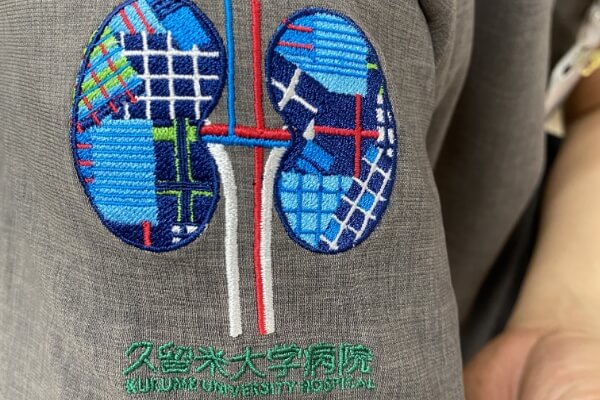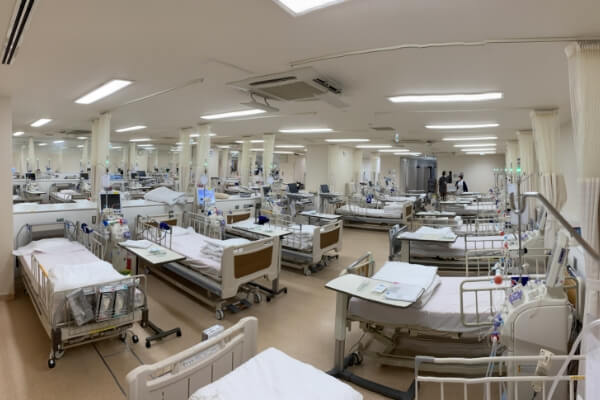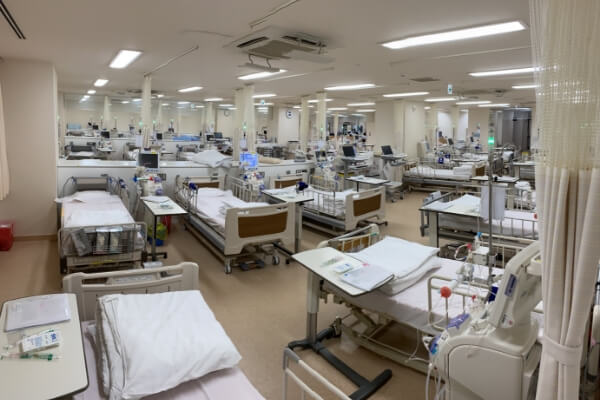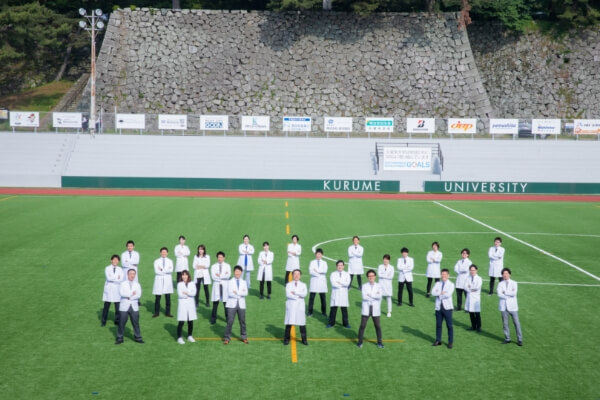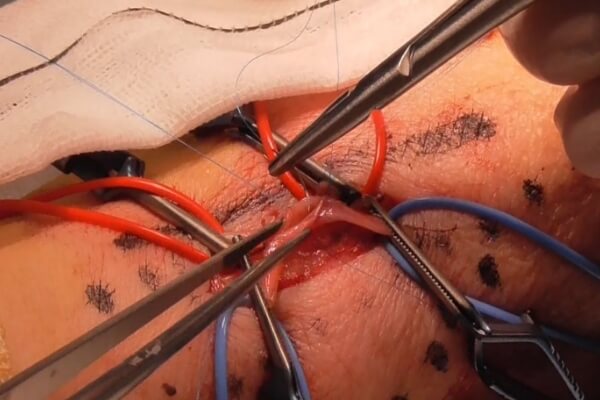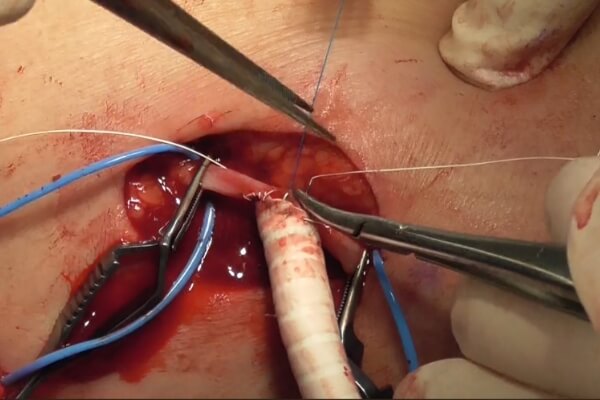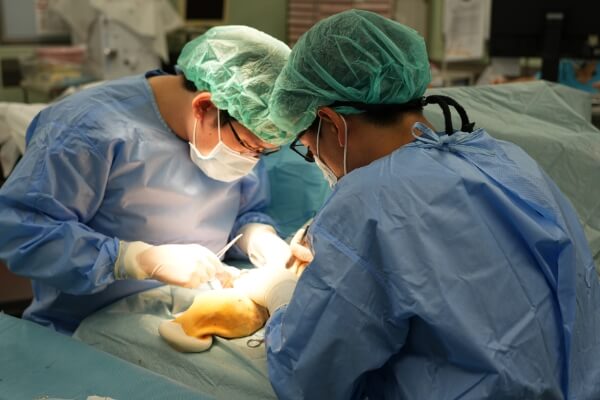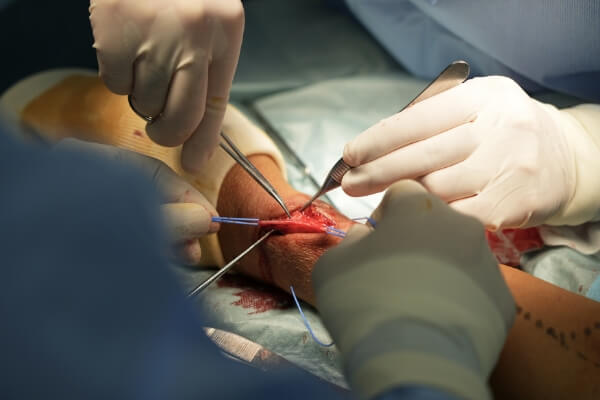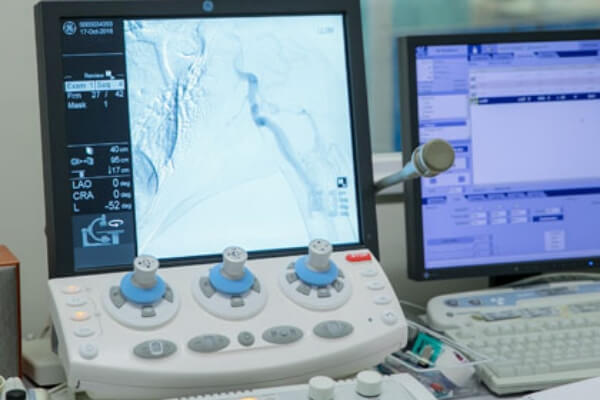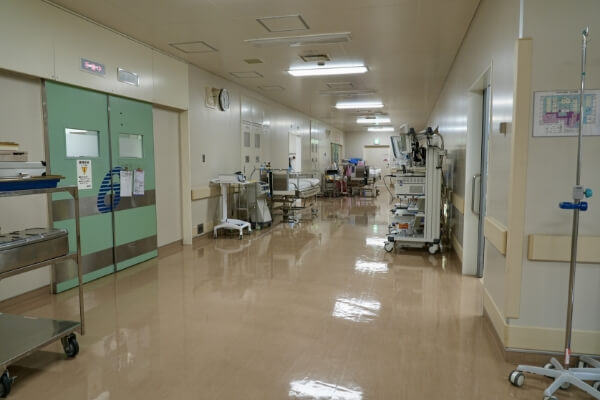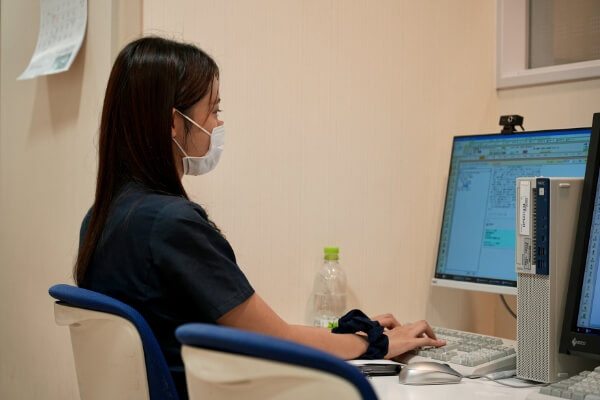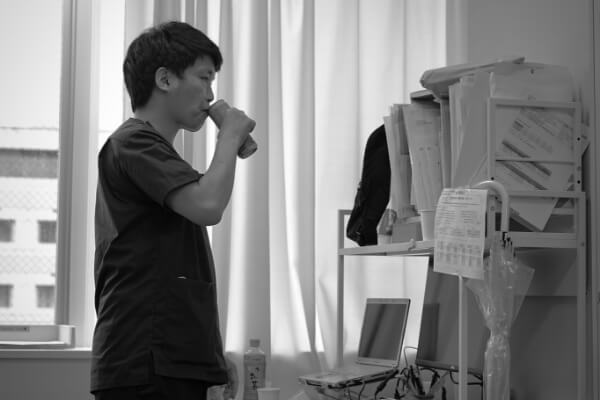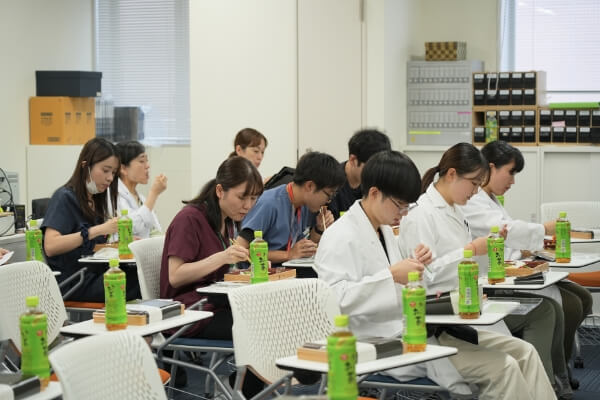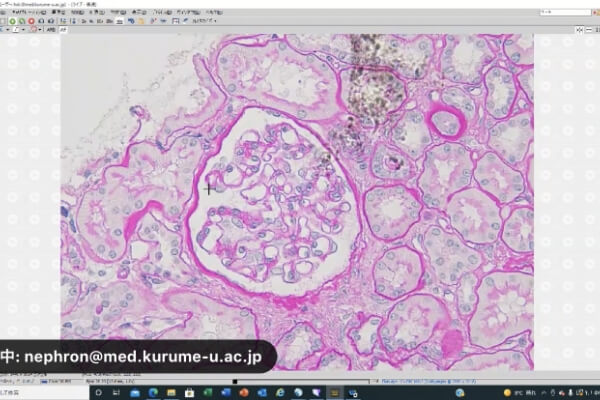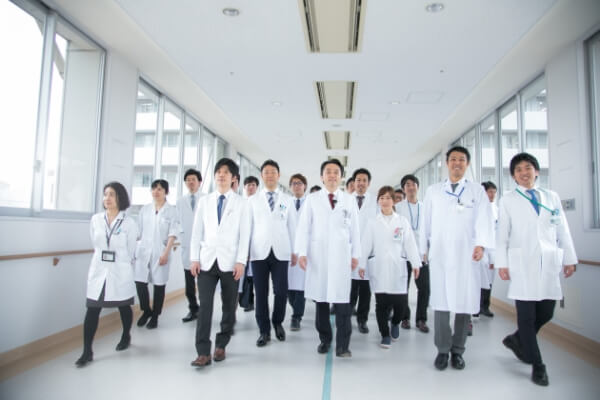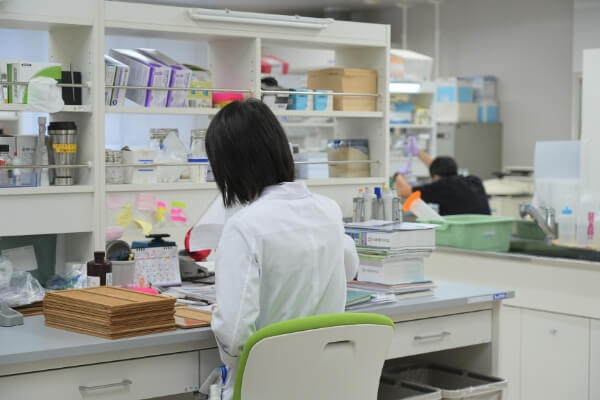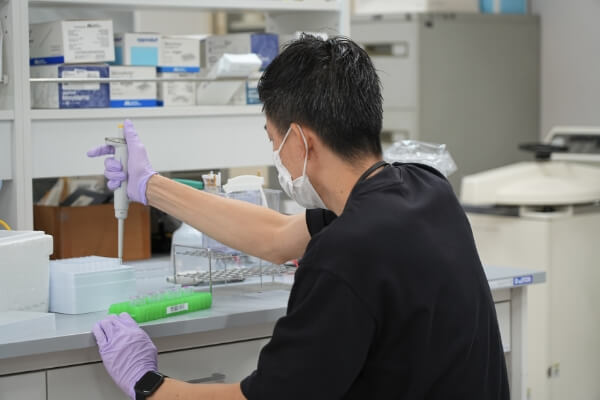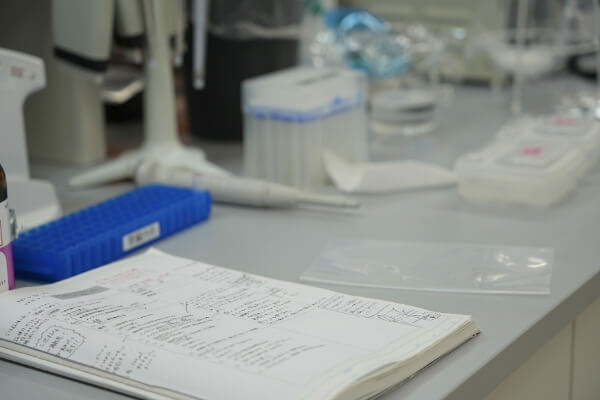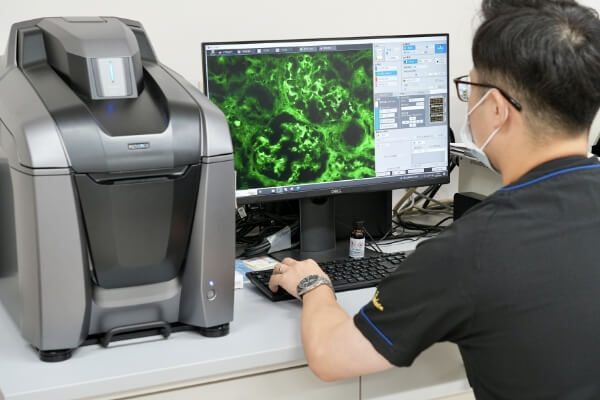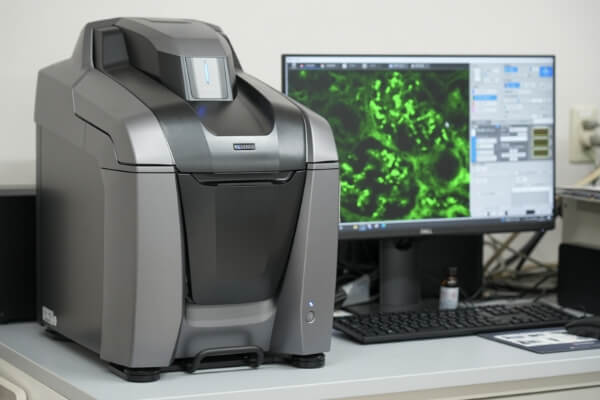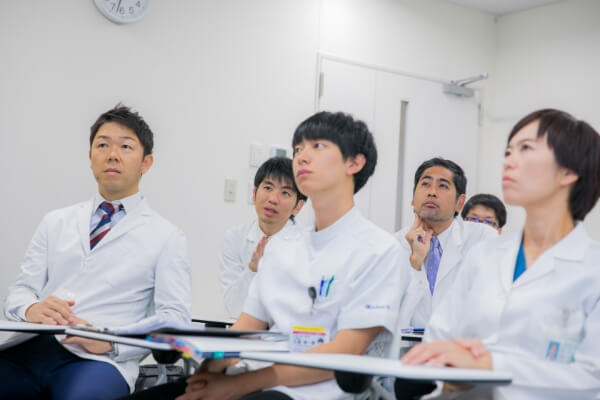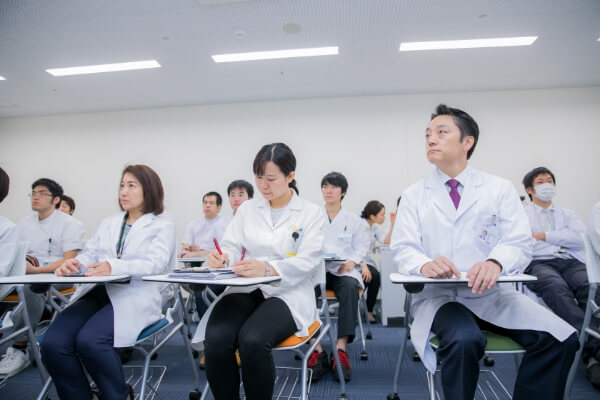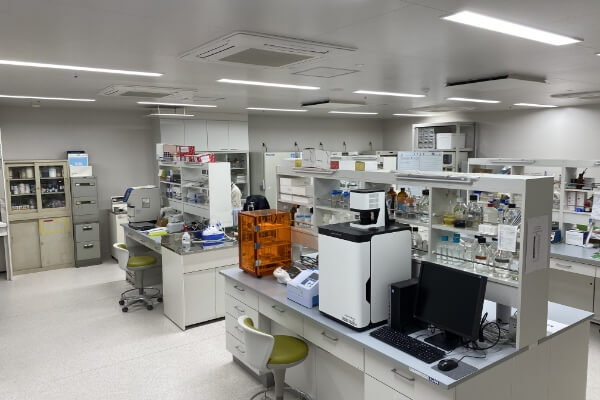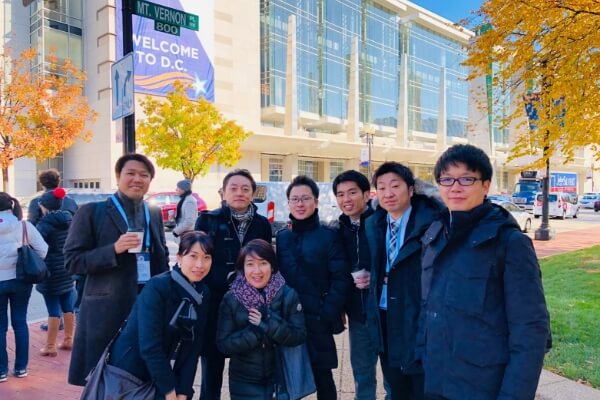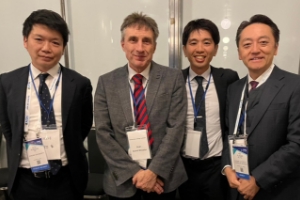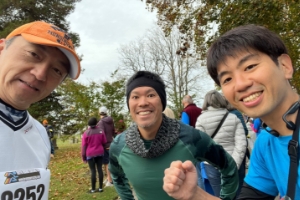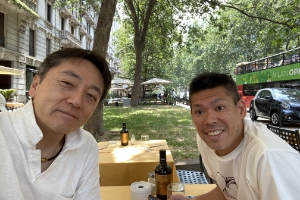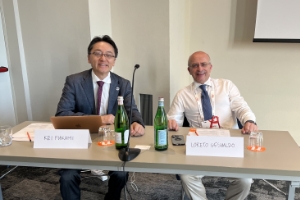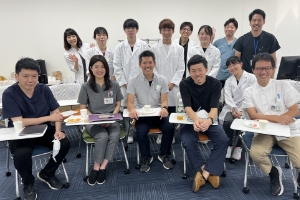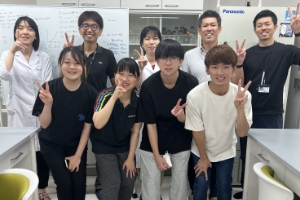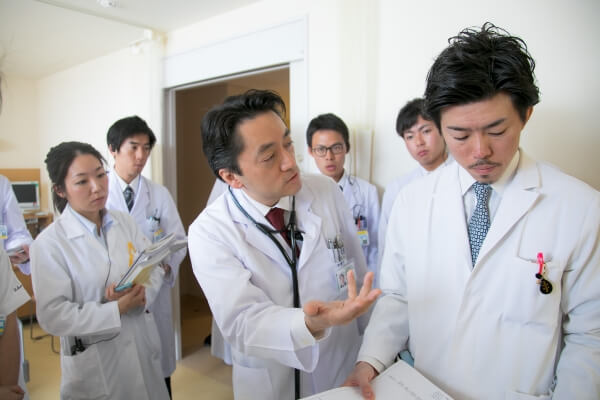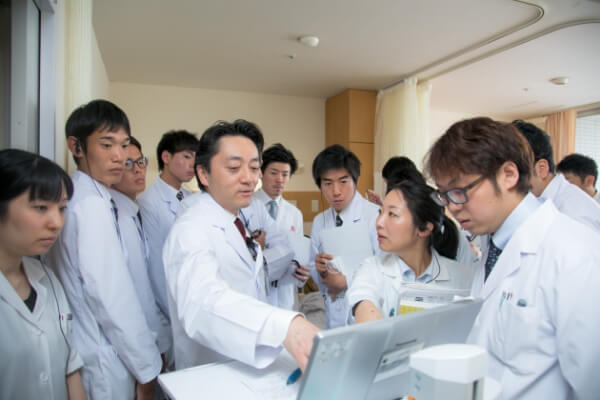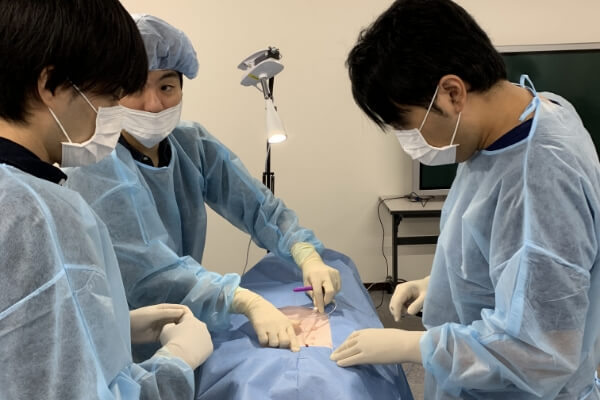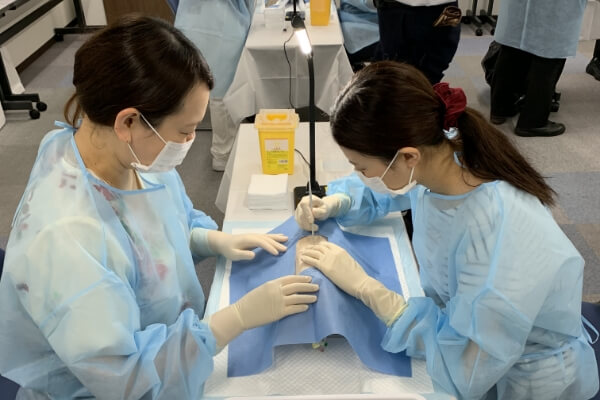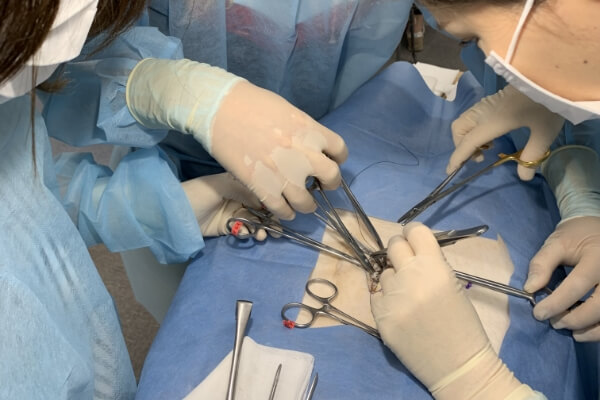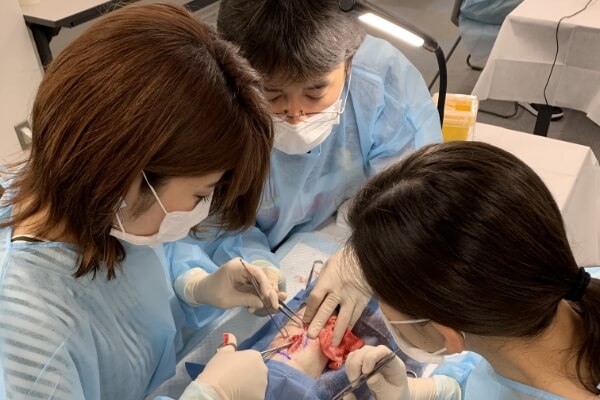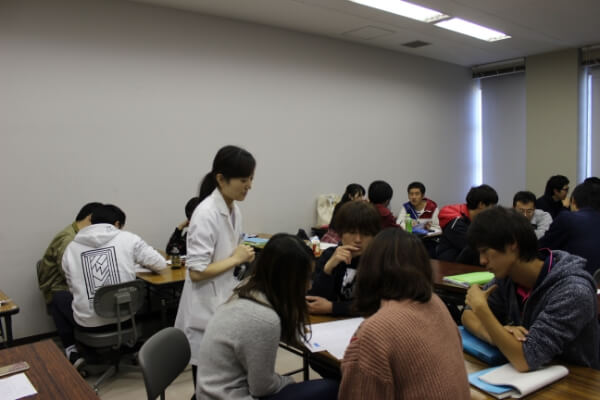DIVISION OF NEPHROLOGY,
DEPARTMENT OF MEDICINE,
KURUME UNIVERSITY SCHOOL OF MEDICINE
Division of Nephrology
The Division of Nephrology at Kurume University School of Medicine has a long history of studying the pathophysiology of and creating potential therapeutic strategies for the prevention and treatment of kidney diseases.
What makes the Department of Nephrology at Kurume University unique is the combination of brightness, youthfulness, and abundance of kindness. Always thinking about what we can do for our patients, we conduct our clinical, educational, and research activities with a humble attitude every single day.
Since its establishment in 2000, the Division of Nephrology at Kurume University has adopted a careful and meticulous education system with an emphasis on training generalists. In the last 18 years, the Division has trained and nurtured almost 100 nephrologists who contributes to community health care system not only in southern part of Fukuoka prefecture but across the whole of Kyushu Island. We will continue to contribute to the establishment of regional medical care.
Our work related to chronic kidney disease (CKD) includes awareness activities for CKD to normal population, definite diagnosis by renal biopsy, management of CKD comorbidities from a comprehensive perspective, controlling fluid and electrolytes, supporting decision making of renal replacement therapy (hemodialysis, peritoneal dialysis, renal transplantation), and management of complications in dialysis patients (renal anemia, mineral bone disorder, infectious diseases, troubleshooting for impaired AVF peritoneal dialysis catheter problems ). Further, we offer many opportunities to treat acute kidney injury and refractory diseases with apheresis technology.
In addition, we are actively involved in the treatment of hereditary diseases including autosomal dominant polycystic kidney disease and Fabry disease. This is a place where nephrologists are nurtured to acquire clinical skills to diagnose a wide range of diseases throughout the body and to utilize the clinical skills for the benefit of patients. The Nephrology Fellowship Program at Kurume University School of Medicine recruits general nephrology fellows of both domestic and international.
| Number of beds in renal replacement center | 44 beds |
|---|---|
| Dialysis monitoring devices | 45 units |
| Average number of outpatients | 50-60 patients |
| Average number of inpatients | 20-30 patients |
| No.of initation of HD | 60-70 patients/year |
Kidney Replacement Center
The Kidney Center has a long history, having already introduced hemodialysis in the 1970s, and now offers 44 hemodialysis beds, making it one of the largest of any university hospital in Japan. Thus, we have been treating total 35-45 patients with HD every single day. Not only HD, but we are taking care of patients with peritoneal dialysis (PD). 10-20 patients are initiated PD every year and we maintain 40 PD outpatients in the hospital. For PD patients who move to other hospital or clinic, we have organized internet-based network system with municipal hospitals and general practitioners, which enable us to continue to care the PD patients in collaboration with other doctors. If PD patients have PD-related issues anywhere, we can support them to overcome the troubleshooting through the web meeting. As you get involved in many other specialists and patients, we have realized the importance of close collaboration from the bottom of our heart.
In addition, most doctors in our division are board-certified dialysis specialists, which is another reason why you can be assured that you will receive the best treatment and care.
Apheresis
We have experienced 1031 apheresis cases in last 5 years. They include granulocyte apheresis (GCAP), peripheral blood stem cell harvest, leukocyte apheresis (LCAP), plasma exchange (PE), double filtered plasmapheresis (DFPP), cell-free and concentrated ascites reinfusion therapy, plasma adsorption (PA), and LDL apheresis. Such a large facility with extensive experience using the state-of-the-art technology is globally rare. You will be able to learn and acquire techniques of apheresis to treat a wide variety of diseases during our clinical training.

Dialysis access surgeries on our own
Arterio-venous fistula (AVF) or AV graft (AVG) surgery is a procedure where one of your veins is connected to an artery. AVF and AVG are necessary for patients with end stage renal disease when they receive hemodialysis therapy. It is globally accepted that the AVF or AVG surgery is done by surgeons; however, we perform those surgeries on our own. In addition, we also perform PD catheter insertion by ourselves as well. Thus, we offer not only the opportunities to watch how to create dialysis access, but also provide educational training for surgeries creating dialysis access using pig tissue. If you are interested in the procedures and training, please reach out to us and come see the techniques.
Renal biopsy
Our division makes a definite diagnosis by pathological findings from renal biopsies and selects the best therapeutic options considering both pathological diagnosis and patient's clinical background as personalized health care. We also provide patients with the latest treatment and care. Our division performs an average of three renal biopsies per week, amounting to more than 110 cases per year. This is one of the largest cases of renal biopsy in Kyushu Island.
Specifically, after collecting tissues from renal biopsy, we analyze morphological changes using Periodic Acid-Schiff (PAS) staining, Hematoxylin-Eosin (HE) staining, Masson-Trichrome staining, Periodic acid-methenamine-silver (PAM) plus HE staining, immunofluorescence staining for immunoglobulin complex deposition using antigen-antibody method, and electron microscopy (EM). Renal biopsy is essential for deciding what treatment to choose and predicting renal outcome because renal tissues tell us many things clinically important. Let's enjoy the real pleasure of nephrology together by learning renal pathology.
Basic research
Our research team consists of basic and clinical scientists, whose research involves different aspects of pathogenesis of chronic kidney diseases. Let’s explore our research laboratory on this video through the URL below.
We would like to stop the progression of diabetes kidney disease
Our research has been conducted to create novel treatments for better preventing DKD progression. DNA-aptamer is a single-strand DNA that can bind to a target protein with high affinity. Our previous studies demonstrated that advanced glycation products (AGEs) and the receptor for AGEs (RAGE) are implicated in the progression of chronic kidney disease (CKD) including diabetic kidney disease (DKD), which led us to develop the DNA-aptamer directed against AGE or RAGE. Surprisingly, Kd value of RAGE-aptamer is 10-10 which is higher than conventional antibody technology. Also, we have identified that AGEs-aptamer and RAGE-aptamer have protective effects in DKD and hypertension rodents (Kaida Y et al. DIABETES 62:3241-3250, 2013)(Taguchi K, et al. Sci Rep. 8:2686, 2018).
Further, we have been investigating the effectiveness of SGLT2 inhibitors and GLP-1 receptor agonists in the context of DKD. We are also focusing on Nrf2 activators which are expected to emerge as a new generation compounds. In collaboration with other research facilities, we are now trying to explore the mechanism of Nrf2 activators-induced improvement of GFR seen in clinical research. We utilize several diabetes rodents such as SDT-fatty rats and KKAy/Ta mice to explore the mechanism of efficacy and effectiveness of those compounds in DKD.
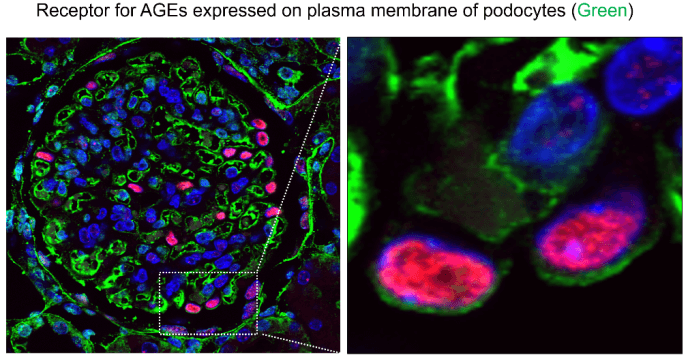
Investigating how carnitine works in diabetic kidney disease
Carnitine is an amino acid-like substance that is essential for the production of energy from fatty acids. We have reported that carnitine deficiency is responsible for the accumulation of AGEs in the body of dialysis patients and L-carnitine supplementation reduces the AGEs accumulation (Fukami K, et al. REJUV RES 16:460-466, 2013). Also, we have found that carnitine deficiency is involved in male hypogonadism and depression (Fukami K, et al. AGING MALE 17:238-242,2014)(Tashiro K, et al. Lett Drug Des Discov.14,6: 737-742,2017). Since we continue to advance this project to determine the pathological role of carnitine deficiency, we have been currently testing whether carnitine supplementation prevent the progression of CKD in peritoneal dialysis patients. In addition, we have been investigating whether carnitine deficiency have an impact on organ damage in various renal disease model using carnitine-deficient JVS mice.
Creating novel therapeutic strategy for inherited rare kidney disease
We have been focusing on inherited rare kidney diseases including Fabry disease and polycystic kidney disease. Fabry disease, an X-linked lysosomal storage disease, results from mutations in the α-galactosidase A gene (GLA). In collaboration with Kyoto University, we are trying to develop a novel GLA supplementation therapy using iPS cells. Also, we have been investigating what is involved in the progression of kidney dysfunction in polycystic kidney disease. Thus, comprehensive genetic testing is performed in patients with polycystic kidney disease. Not only does experience the common renal diseases, but we can also provide opportunities to rare kidney diseases in our division.
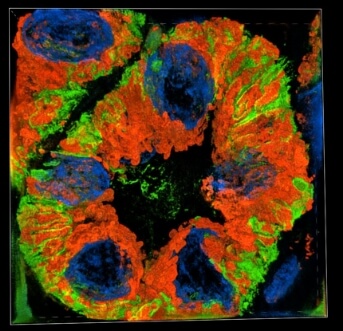
Investigating the underlying mechanism of how AKI induces CKD
It has been demonstrated that acute kidney injury (AKI) predisposes the patients to chronic kidney disease (CKD) which is called AKI-to-CKD transition. We have been investigating the underlying mechanism of how AKI induces CKD. One of the proposed mechanisms is mitochondrial dysfunction. Thus, we are now trying to identify the abnormalities of mitochondrial ultrastructure using super resolution microscopy (structured illumination microscopy) after acute injury, which might be linked to the transition to CKD [Taguchi K. et al. Kidney360, 2021]. Further, in collaboration with other research facilities, we have been trying to confirm whether affecting mitochondrial dynamics can mitigate AKI-to-CKD transition and investigate if mitochondrial function activator can stop the progression of CKD after AKI via activating oxidative phosphorylation. Also, we are attempting to create other novel therapeutic pharmaceutics to improve maladaptive repair of proximal tubule after acute injury.

Education for young nephrologists and medical students
We have been passionately educating young nephrologists and medical students for many years. We have initiated a training program for surgical procedures. As a result, many young nephrologists are now able to perform the surgery of AVF and PD catheter insertion. We also offer educational programs in writing scientific papers and grant applications, as well as a program for sponsoring young nephrologists to study abroad. We are also enthusiasm to develop a research mindset in medical students by conducting basic research programs from third grade of med school. Thanks to this, many medical students come to our laboratory to perform western blotting, real-time PCR, rodents surgery and handling cell culture afterschool. We are pleased to have international exchange students or international post-doctoral fellowships from all over the world. Please contact us if you get interested in studying basic research and clinical training in our division.
If you are interested in our training program for clinical techniques or for basic research skills or would like to perform the state-of-the-art basic research in our laboratory, please click the button below to email us.
We will contact you at the earliest convenience.



